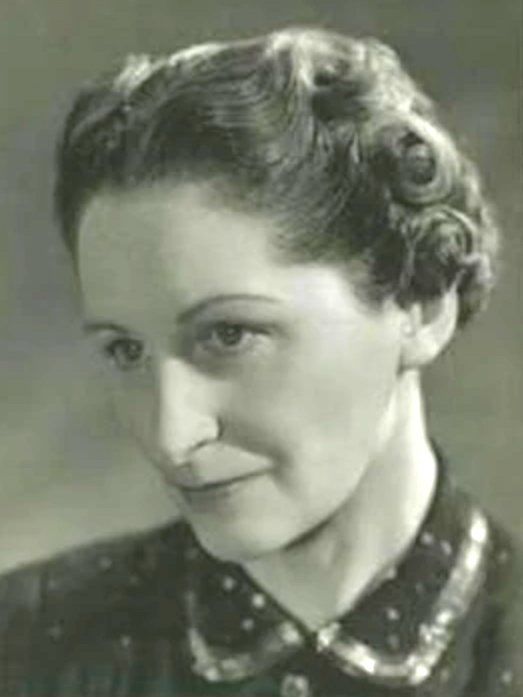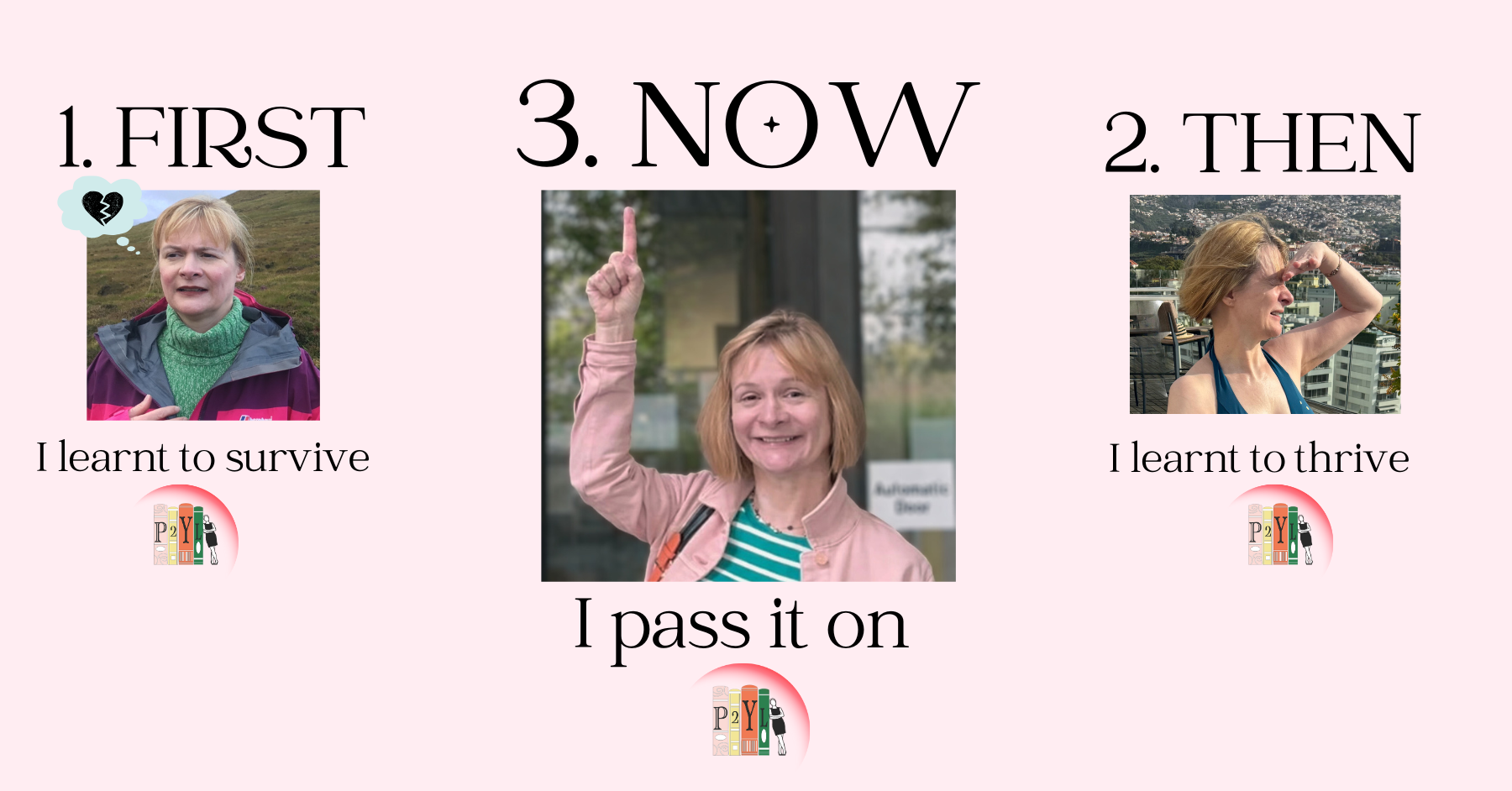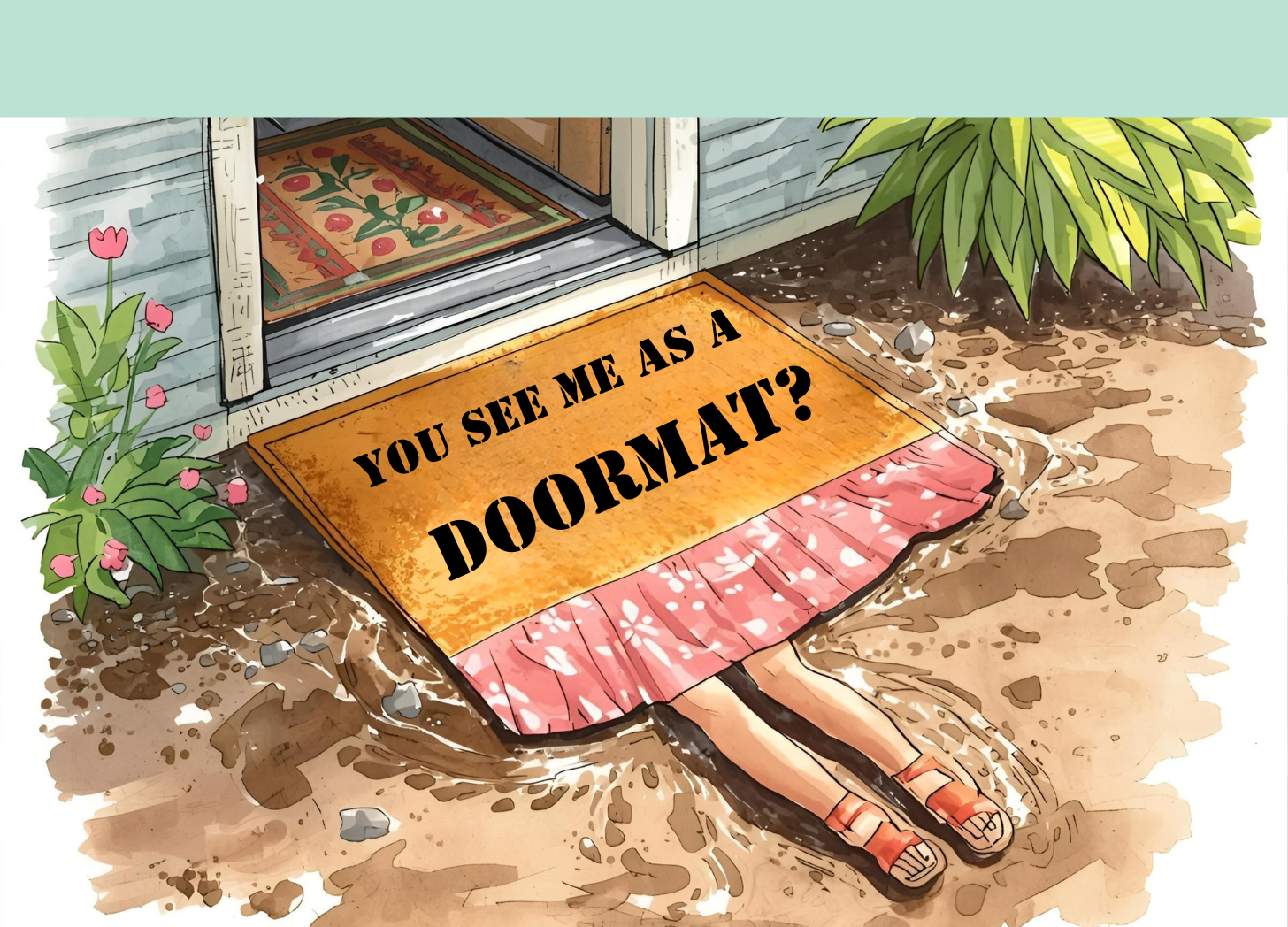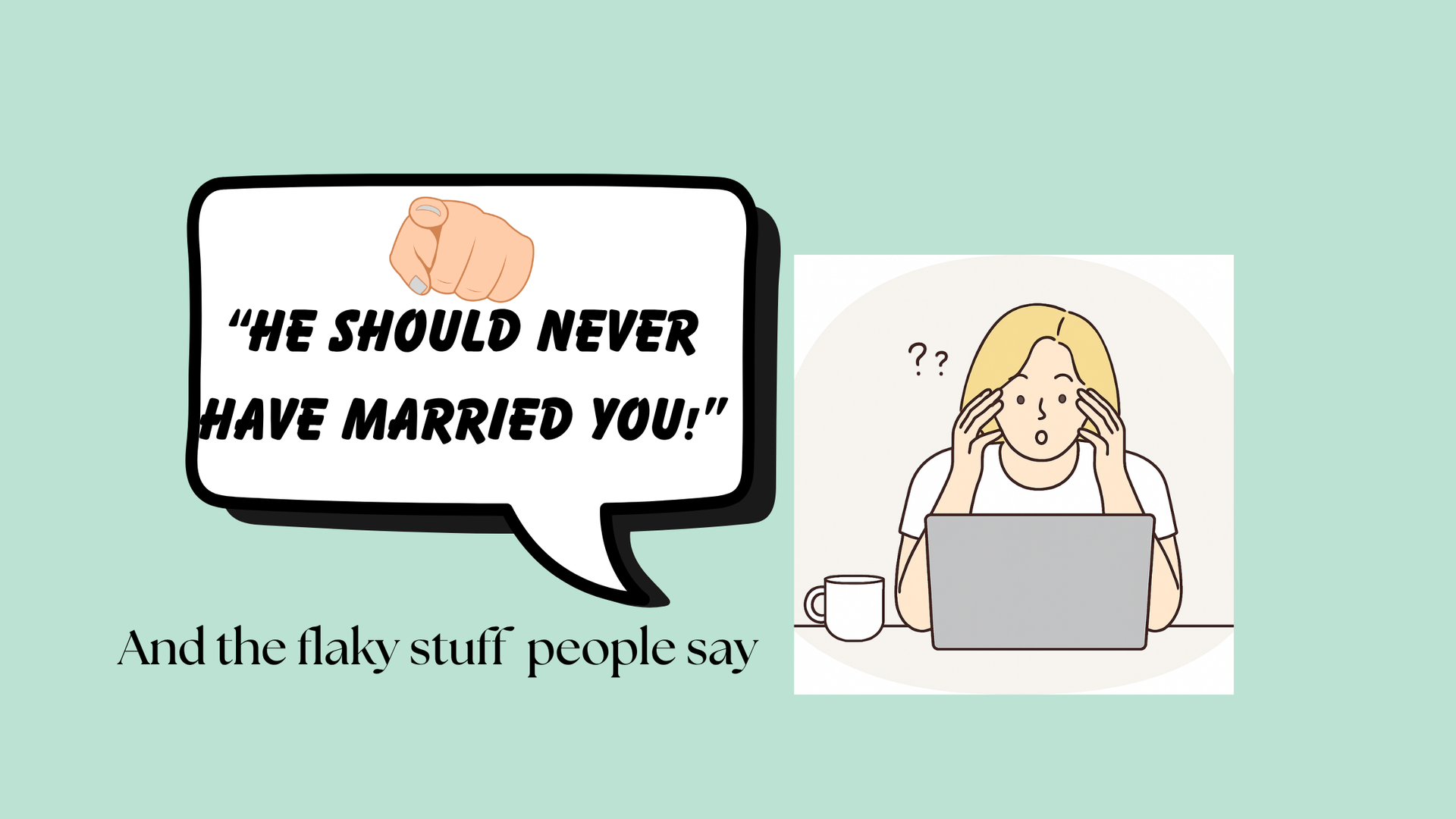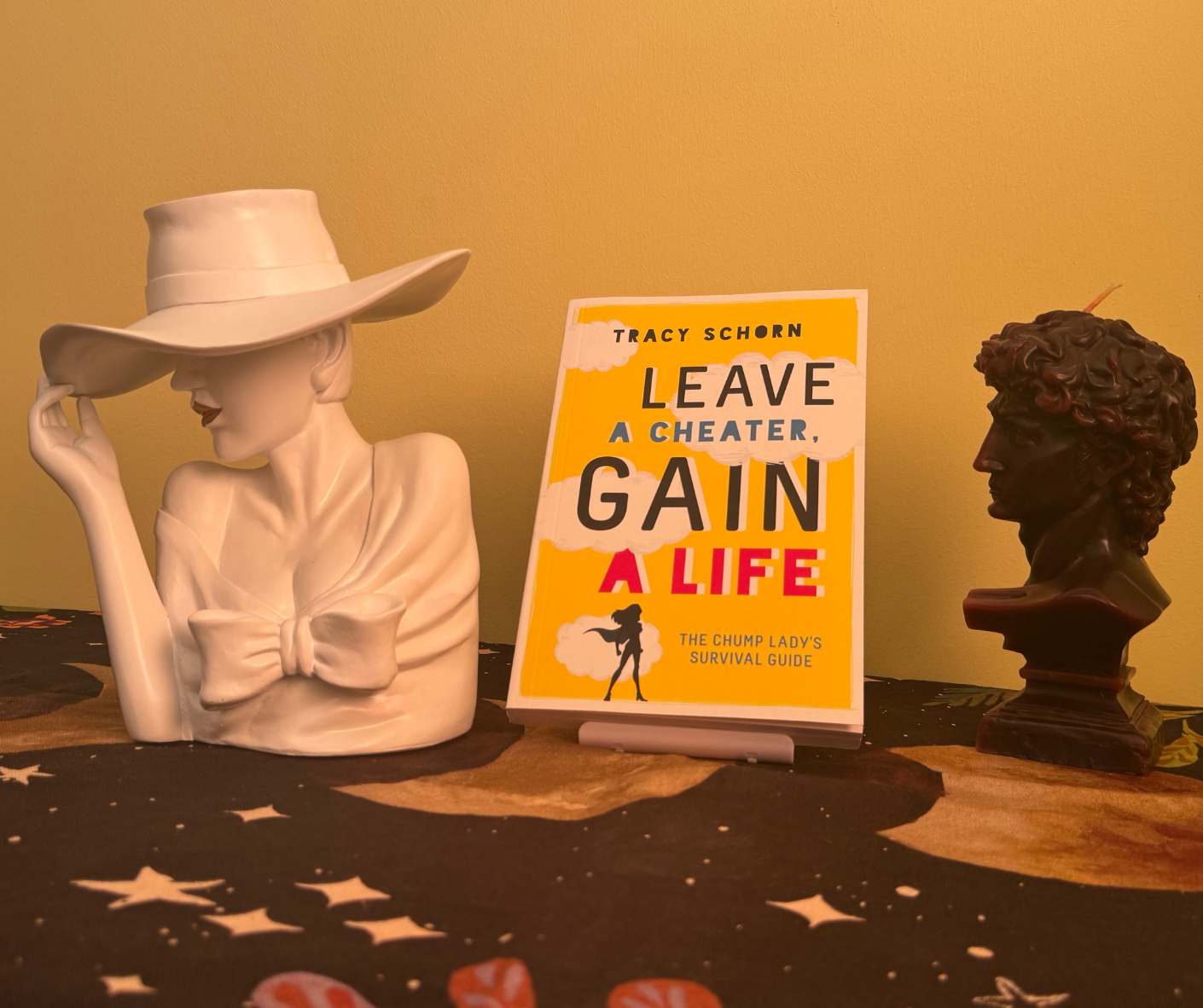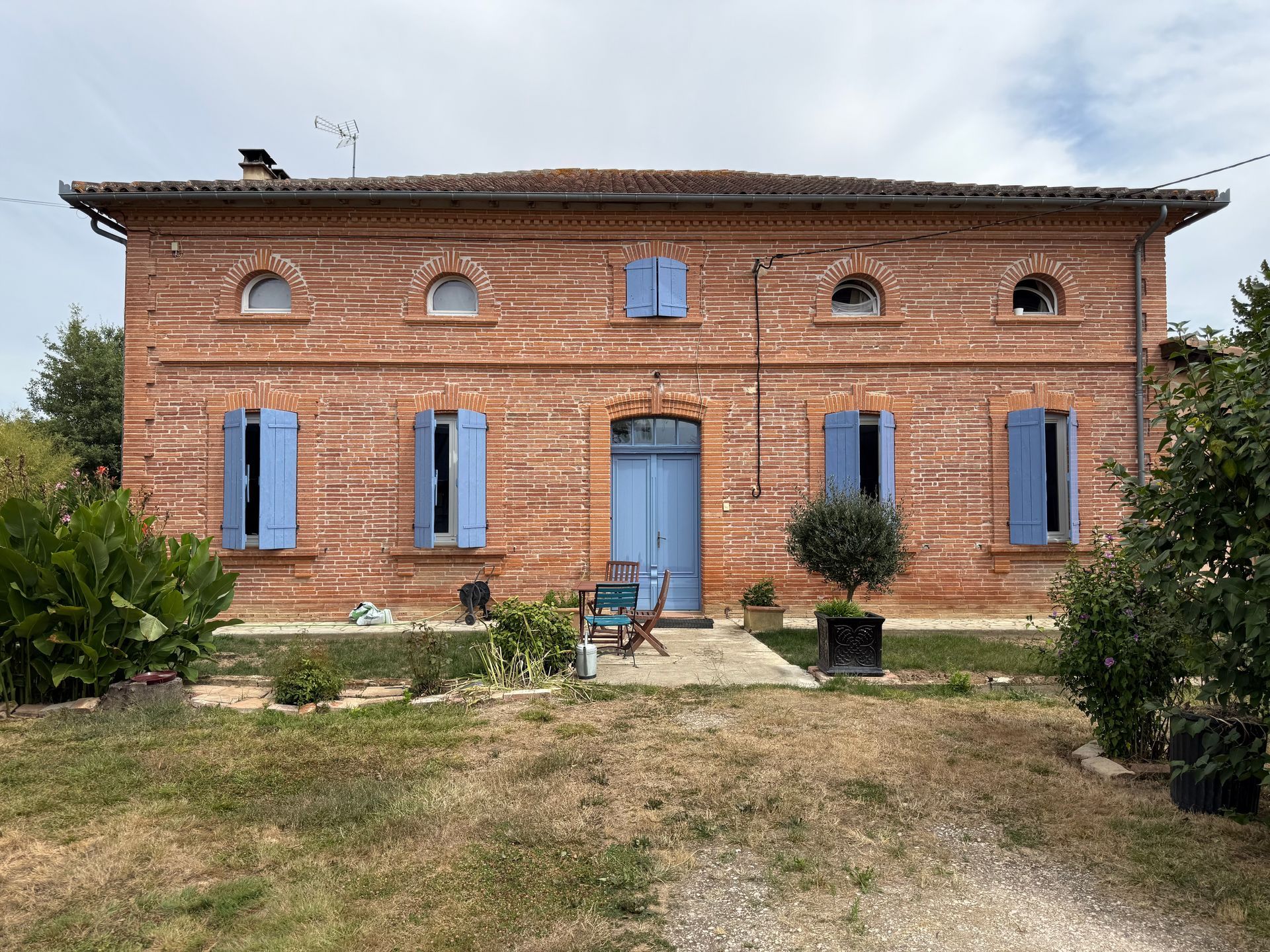
Book review | Testament of Youth
'An Autobiographical Account of the Years 1900-1925', by Vera Brittain
I first read Testament of Youth
in 1979 when it was serialised by the BBC, at the same time as we were studying First World War history at school. It's now a well-known classic book/film/serialisation. Here's a quick summing up:
This is the first instalment of the autobiography of Vera Brittain, an Oxford University student in 1914 when World War One broke out. Vera's fiancé, her brother, and two of their school friends, caught up in the jingoistic fervour of the times, immediately joined up as British Army officers, and Vera dropped out of university life to volunteer as a war nurse, tending battlefield soldiers at hospitals in London, Malta, and France.
Her shattering-cum-surrealistic experiences — the Red Cross unit she served with in northern France nursed the same German soldiers her brother had been trying to kill only a few miles away — made her question the accepted 'Dolce et Decorum' mantra of the time and many years later she became a convinced pacifist, spending the rest of her life writing and campaigning for pacifism and feminism.
So far so inspiring. This is why when I first read the book I couldn't understand why I felt so ambivalent about it. On the face of it she was everything a teenage feminist wannabe writer would like: a young woman battling her parents to go to university when this was still rare for women, a feminist, a writer, with a heartbreakingly romantic story of love, loss, and sacrifice.
Yet although I found and still find her impressive, something about her and her writing leaves me cold. Perhaps it's the writing style which seems self-consciously literary, long-winded and self-important, fond of words like 'notwithstanding' and 'inculcate', and peppered with semi-colons.
For all her later identification with socialism she also comes across as a snob. She comments on another nurse's dropped aitches and mimics working-class dialects, looking down her long patrician nose at what she calls 'provincialism', by which she seems to mean in the UK anywhere outside London and possibly a few university cities. A fervent supporter of the League of Nations, it's an unpleasant shock to find her describing some of her fellow conference attendees as 'yellow, impassive little Japanese and Chinamen'.
I've always been uneasy about voicing these views, aware of the tragedy of her personal story and the legacy of her work for peace and gender equality. Apart from one notable exception* I have never seen her referred to in anything less than reverential tones. But on re-reading the book after so many years I find I still feel the same way about the book.
Why re-read, or even read it then?
Well it's still unique as one woman's personal account of a cataclysmic moment in the history of modern Western society. It's a powerful primary source written by a woman with a fresh and elastic sense of history, who went on to be a player in the fields of politics, protest, and feminism. It gives a real feel for UK and European politics and society (albeit at the upper middle-class end) during and after World War One, and it's an achievement Vera Brittain repeated in her sequel Testament of Experience,
which covers the years 1925 to 1950 and which bore witness to the rise of Fascism and the dropping of American atom bombs on Japanese civilians in 1945.
I also appreciate the awareness she gives me her of the popular early twentieth-century writers we've often forgotten. She mentions in passing H. S. Reid, Edmund Blunden, Louis Golding, Margaret Kennedy, Beverley Nicholls. Compton Mackenzie, Rose Macaulay, most of whom I hadn't heard of before, and now that I have I intend to look them up and track down their books to gain more of a feel for the tastes of the times.
It's a valuable reminder of the flaws of our heroes and how much even the radical can be products of their time and place in society.
* Gerard De Groot in his book Blighty: British Society in the Era of the Great War (1996) described her as 'Vera Brittain: egotist, elitist, mistress of self-pity'.

